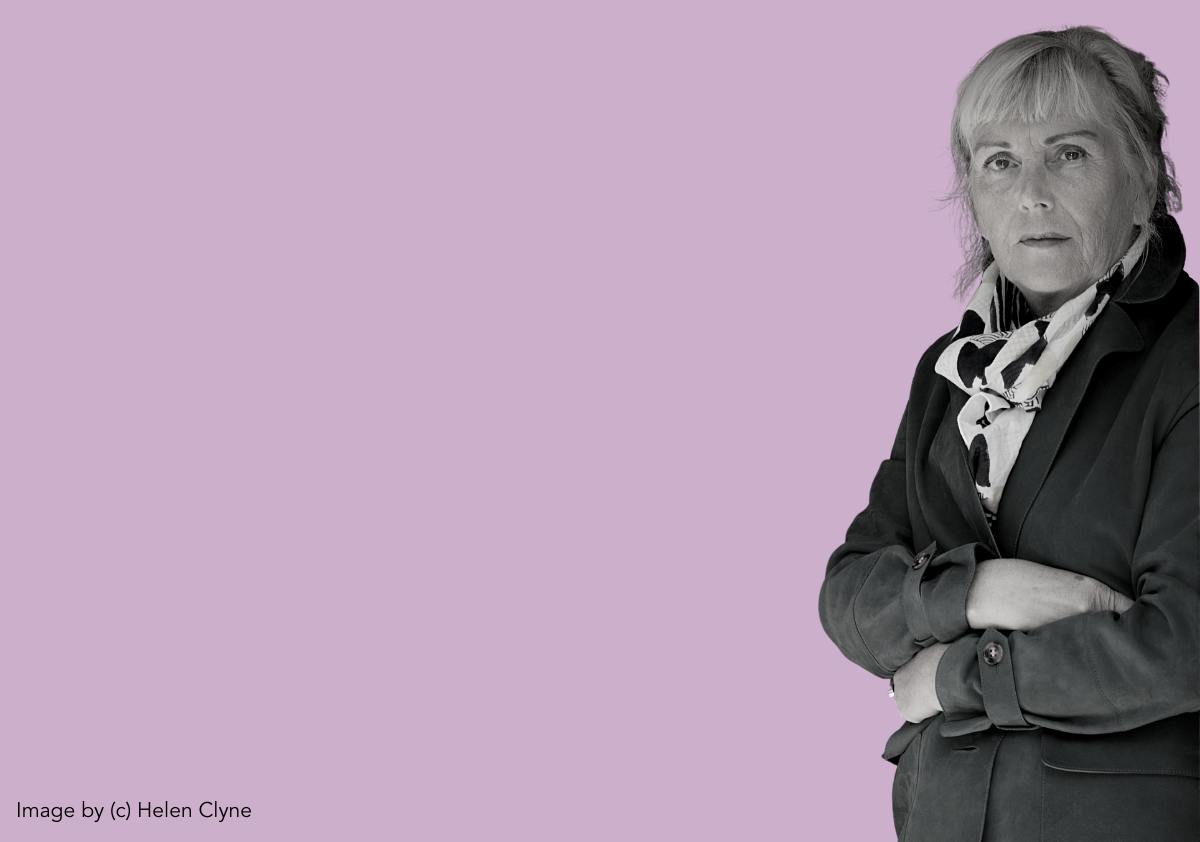A Prompt From: Kate Atkinson

1. Read everything that’s ever been written.
Really.
2. Forget everything that’s ever been written.
Really.
You’ll have unconsciously absorbed what’s important. We really do stand on the shoulders of giants and unless we understand what constitutes good writing (and also bad writing, of course) then how can we judge our own writing? If we have read everything (well, okayOK, not everything, just the really good stuff) then we’ll grow to understand what is meant by a writer’s ‘voice’ – that pesky thing that creative- writing tutors are always urging you to ‘find’.
3. Your voice. Yes, find it.
Don’t ask me how. It’s a discovery that’s as mysterious as it sounds, but at some point you will suddenly realise that you are channelling an authentic part of you. And that’s it. Magic.
4. Throw away as much as possible.
That might often be the very idea that you started with, or what you consider to be your best shiniest most beautiful sentence. If it doesn’t work in the context of what you’re writing then get rid of it. Learn to be your best critic (by reading everything that’s ever been written). Be ruthless.
5. Keep as much as possible.
Don’t actually throw it away. Whatever I’m writing, I keep a file going alongside, usually I name it ‘holding’, and I put in it all the good juicy things that I had to excise because they didn’t work. Believe me, no bit of good writing ever goes in a writer’s trash bin. It will get used somehow, somewhere, even if it’s years in the future.
6. Understand why you’re writing. Writing rarely works if you sit down and say to yourself, ‘What shall I write?’ There has to be some initial spasm in your brain (or inspiration, as some people like to call it) that says, ‘That would make a great story/novel/play/whatever and I really want to write that.’ That moment doesn’t last, after that it’s just a hard slog, but every so often you can revisit that moment and remember why you’re writing the story/novel/play/whatever. It helps.
7. Understand what you’re writing. Think about it beforehand. Not necessarily consciously, but when you’re doing the laundry, going for a walk, having a bath – all good times for mindless thinking And let it lurk in the back of your mind, no matter if you’re not even aware it’s there. Once the seed is there it will germinate. I think about the next novel for about three years on average. The whole time I’m writing one I have another couple backing up like trains waiting for a platform.
8. Remember – you’re making an artefact. That moment of inspiration might kick- start something, but you are making an object in just the same way that a painter or a sculptor or a musician is making something that’s outside of themselves. A ‘thing’, if you will. You need to keep structure at the forefront of your mind, move the pieces around, find a better word, a better sentence. Weave it, make it, don’t for a minute think that writing is just something that flows out from mind to paper with nothing in between. And rewrite all the time. All the time. I start every writing day by reading everything I’ve already written – sometimes yesterday’s work, sometimes the whole novel (yes, the whole novel) – and I rejig and improve and polish. You might be making something, but remember it’s not artificial as such, it’s coming from that place inside, the one where you found your voice. It gives you the ability to make external order out of internal chaos and I guess that’s a definition of creation.
9. Start small. Practise. Learn. I began many, many years ago with biographically-influenced fragments (how I was feeling, in other words), and once I’d sluiced out all that dross (because it’s personal, it’s not fiction, and anyway no one else is interested) then I was free to start making things up. And stories, stories are a wonderful way to learn to write, they teach you everything – character, structure, plot – in a manageable way. I learnt everything I know from writing stories for women’s magazines and am still proud of the way I could turn a romantic story on a sixpence (and, yes, with my own ‘voice’).
10. Get a title. I can’t write without one. It means you don’t have a blank page. And somewhere at the back of your brain when you’re doing all that endless thinking in the bath or on a walk, etcetera, ideas begin to congregate around that title and pretty soon (or, more realistically, in two or three years), voilàa – a novel.
- Kate Atkinson
About the Author
Kate Atkinson won the Whitbread (now Costa) Book of the Year prize with her first novel, Behind the Scenes at the Museum.
Her four bestselling novels featuring former detective Jackson Brodie became the BBC television series Case Histories, starring Jason Isaacs.
Her 2013 novel Life After Life won the South Bank Sky Arts Literature Prize, was shortlisted for the Women’s Prize, and voted Book of the Year for the independent booksellers associations on both sides of the Atlantic. It also won the Costa Novel Award, as did her subsequent novel A God in Ruins (2015).



